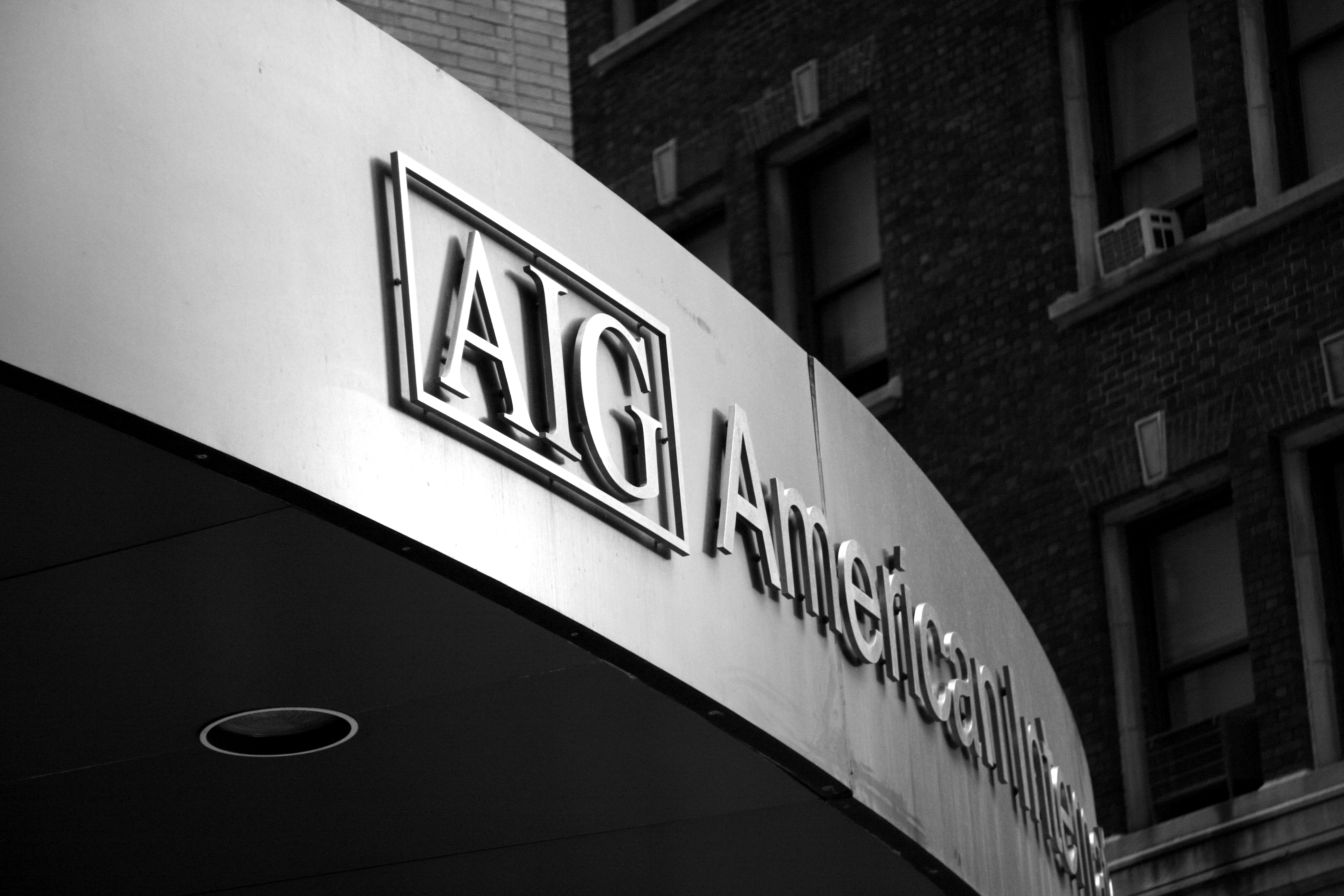
============================
The?title of the article comes from a comment Greenberg supposedly made to Buffett when AIG was much bigger than Berkshire Hathaway [BRK] — times change…
It’s come to this: AIG has sought out reinsurance from BRK to cap the amount of losses they will pay for prior business written. ?It’s quite a statement when you are willing to pay $10 billion in order to have BRK pay 80% of claims over $25 billion, up to $20 billion in total. ?At $50 Billion in claims AIG is on its own again.
So what business was covered? ?A lot. ?This is the one of the biggest deals of its type, ever:
The agreement covers 80% of substantially all of AIG?s U.S. Commercial long-tail exposures for accident years 2015 and prior, which includes the largest part of AIG?s U.S. casualty exposures during that period. AIG will retain sole authority to handle and resolve claims, and NICO has various access, association and consultation rights.
Or as was said in the Wall Street Journal article:
The pact covers such product lines as workers? compensation, directors? and officers? liability, professional indemnity, medical malpractice, commercial automobile and some other liability policies.
Now, AIG is not among the better P&C insurance companies for reserving out there. ?2.5 years ago, they made the Aleph Blog Hall of Shame for P&C reserving. ?Now if you would have looked on the last 10-K on page 296 for item 8, note 12, you would note that AIG’s reserving remained weak for?2014 and 2015 as losses and loss adjustment expenses incurred for the business of prior years continued positive.
For AIG, this puts a lot of its troubles behind it, after the upcoming writeoff (from the WSJ article):
AIG, one of the biggest sellers of insurance by volume to businesses around the globe, also said it expects a material fourth-quarter charge to boost its claims reserves. AIG declined to comment on the possible size. Its fourth-quarter earnings will be released next month.
For BRK, this is an opportunity to make money investing the $10 billion as claims on the long-tail business get paid out slowly. ?It’s called float, which isn’t magic, but Buffett has done better than most at investing the float, and choosing insurance business to write and reinsure that doesn’t result in large losses for BRK.
I expect BRK to make an underwriting profit on this, but let’s assume the worst, that BRK pays out the full $20 billion. ?Say the claims come at a rate of $5 billion/year. ?The average payout period would be 7.5 years, and BRK would have to earn 9.2% on the float to break even. ?At $3.75B/yr, the figures would be 10 years and 6.9%. ?At $2.5B/yr, 15 years and 4.6%.
This doesn’t seem so bad to me — now I don’t know how bad reserve development will be for AIG, but BRK is usually pretty careful about underwriting this sort of thing. That said BRK has a lot of excess cash sitting around already, and desirable targets for large investments are few. ?This had better make an underwriting profit, or a small loss, or maybe Buffett is ready for the market to fall apart, and thus the rate he can earn goes up.
All that said, it is an interesting chapter in the relationship between the two companies. ?If BRK wasn’t the dominant insurance company of the US after the 2008 financial crisis, it definitely is now.
Full disclosure: long BRK/B for myself and clients

David,
As always you are succinct and spot on with your interpretations and observations.
Much appreciated,
Jeff
Yes, thank you for these insights.
I would add, this is so much more informative and technically detailled than what can be read elsewhere.
I keep learning reading you, David.